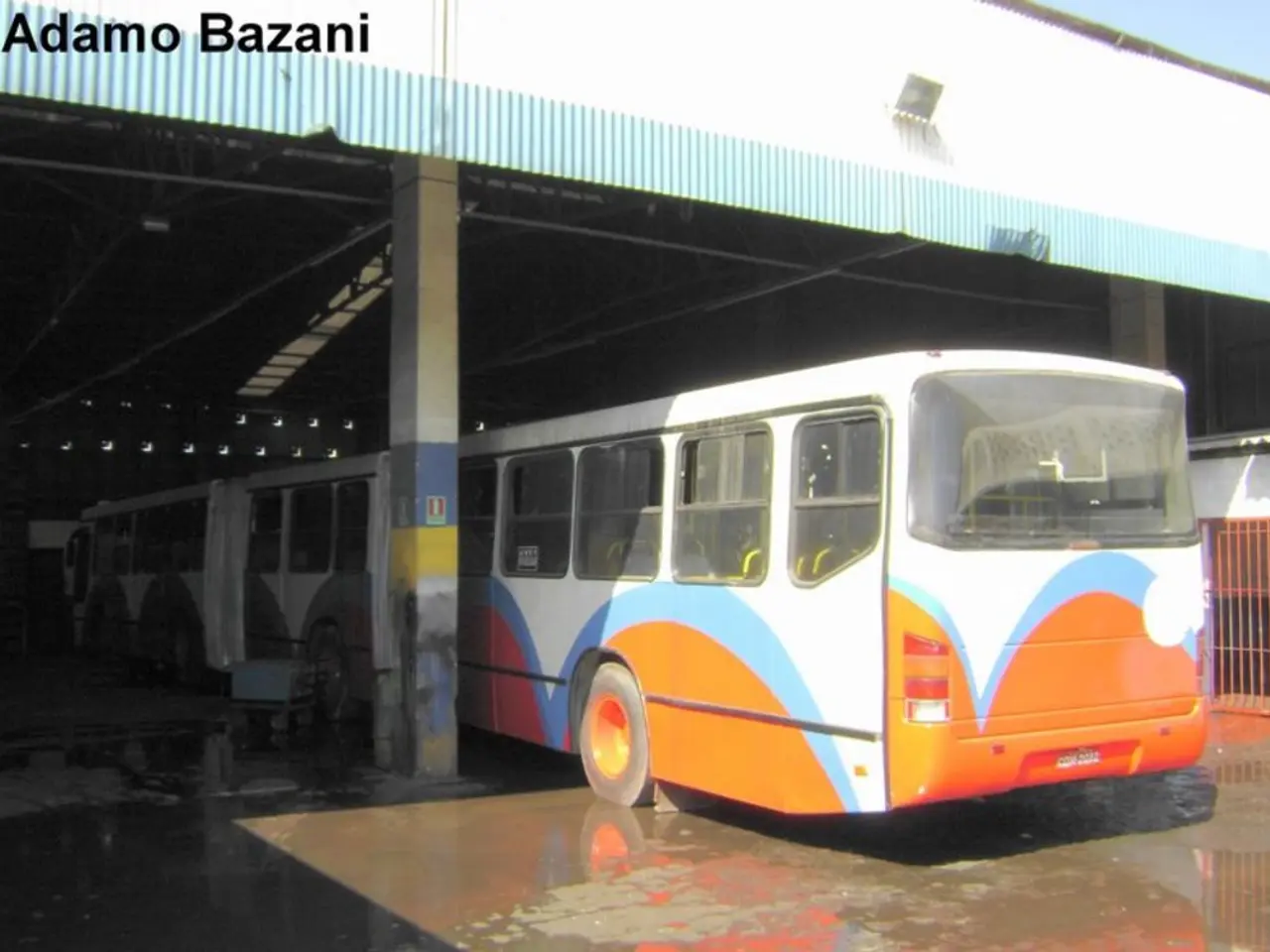Germany Seizes Russian-Owned Refinery, Plans New Pipeline to Secure Supply
The German government has placed the PCK refinery in Schwedt under trustee administration due to its Russian ownership. The refinery supplies large parts of northeastern Germany and Berlin with gasoline, heating oil, and jet fuel. The government aims to secure alternative supply sources, leading to plans for a new pipeline from Schwedt to Rostock.
The refinery is majority-owned by German subsidiaries of the Russian state conglomerate Rosneft, which are now under federal government control. The government has decided to stop using Russian pipeline oil that supplies the refinery, prompting it to seek alternative sources such as Kazakh oil. The planned construction of the pipeline has an estimated cost of 400 million euros and requires EU Commission approval.
Brandenburg's farmers' president Henrik Wendorff has expressed concern about the potential loss of area-wide agriculture and numerous jobs due to changes in EU agricultural policy and cohesion funding. Around 717 million euros are available for Brandenburg and Berlin through the ELER agricultural fund from 2023 to 2027. The Brandenburg cabinet has opposed a planned reduction in EU funding for each agricultural business, arguing it would disadvantage the eastern German agricultural structure.
Brandenburg is pushing for swift approval of the oil pipeline from Schwedt to Rostock to ensure supply security. Minister President Dietmar Woidke (SPD) has stated that the pipeline is a key component for future supply security independent of Russia. The EU Commission, currently led by Margrethe Vestager for competition matters, must grant state aid approval for the pipeline's construction as soon as possible.
Read also:
- International powers, including France, Germany, and the UK, advocate for the reinstatement of sanctions against Iran.
- Companies urged to combat employee resignation crisis, as per findings from the Addeco Group
- Republicans advocate Trump's domestic policy plans in Iowa, though some business owners remain skeptic
- Global carbon emissions could lead to a resurgence in coal usage, warns industry analyst







